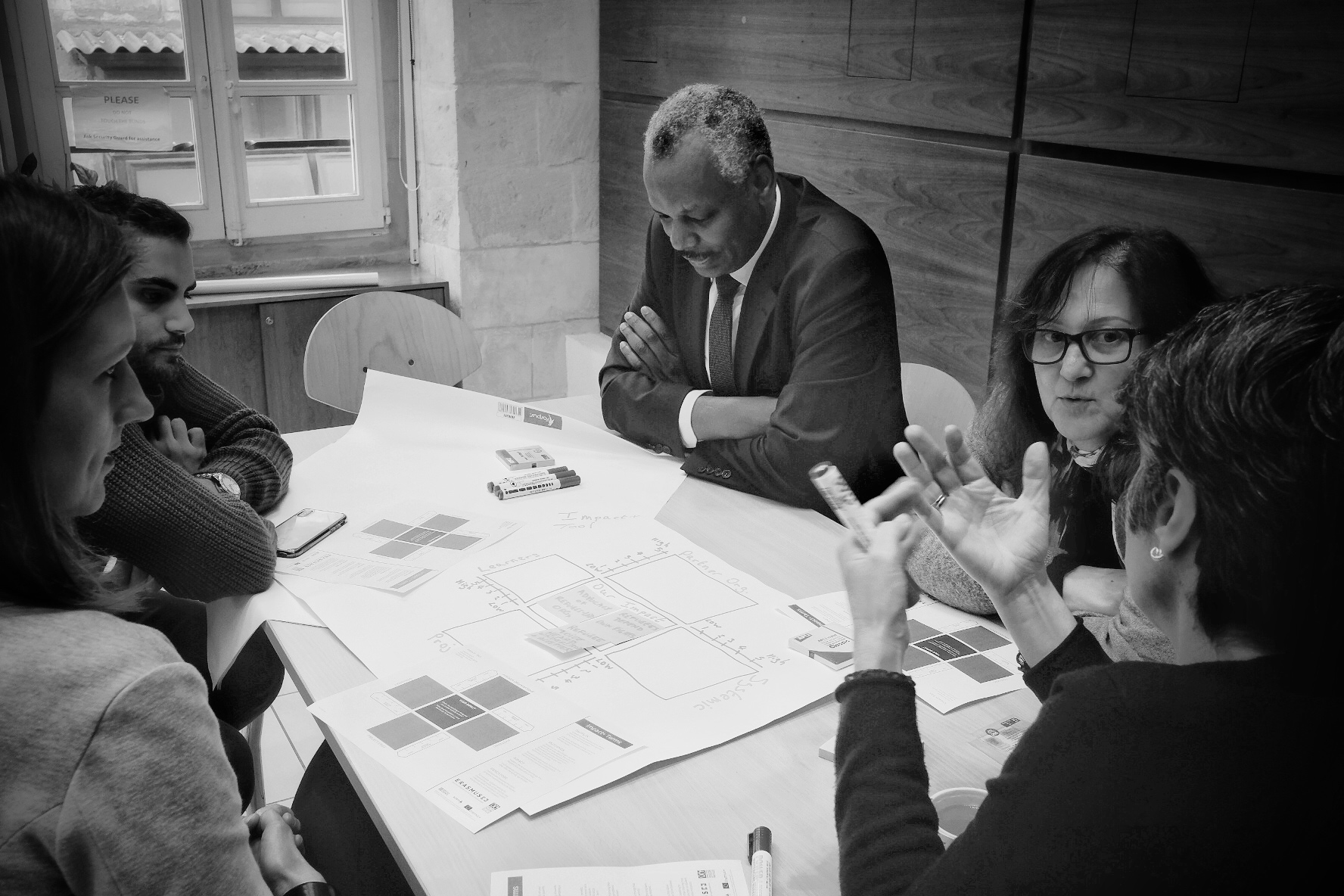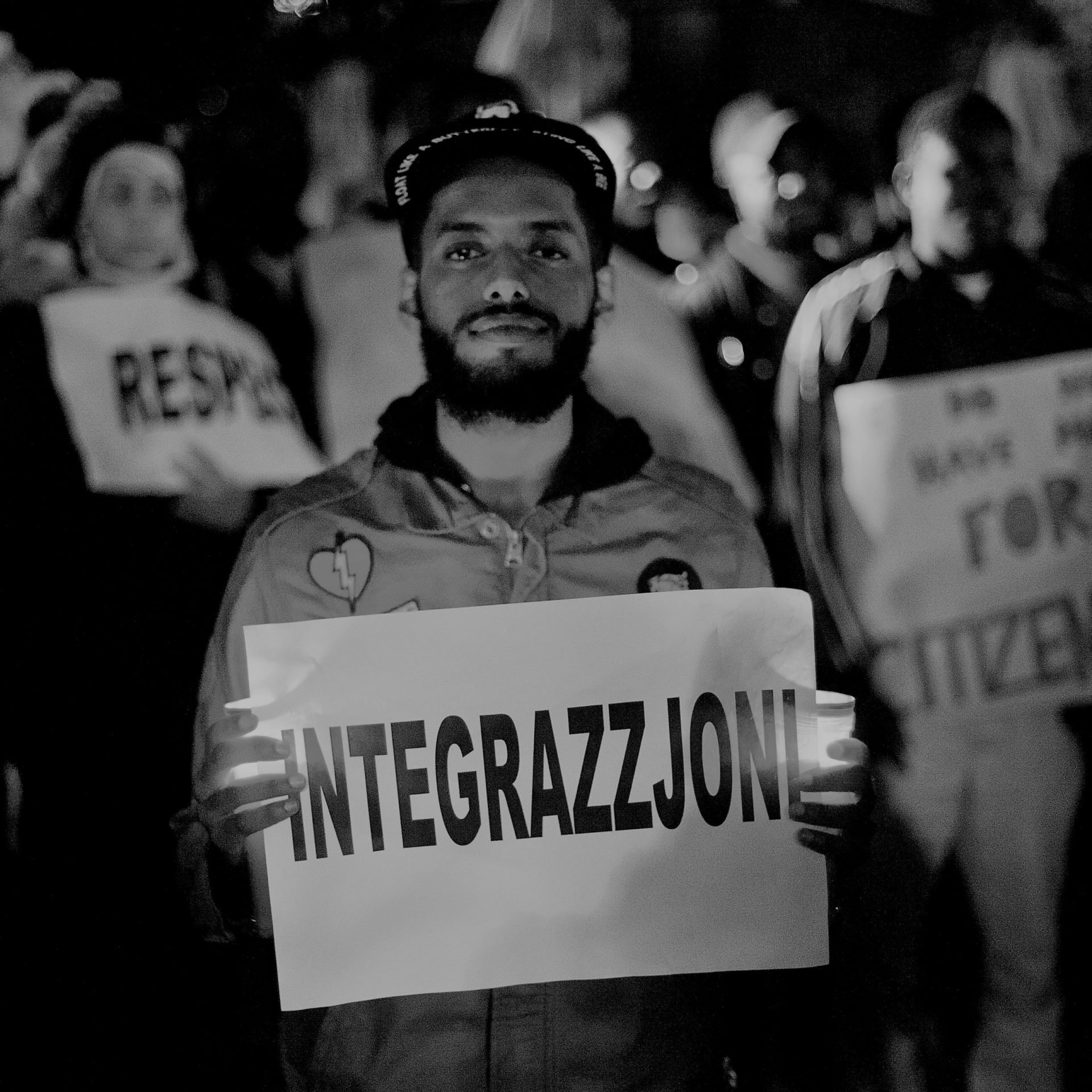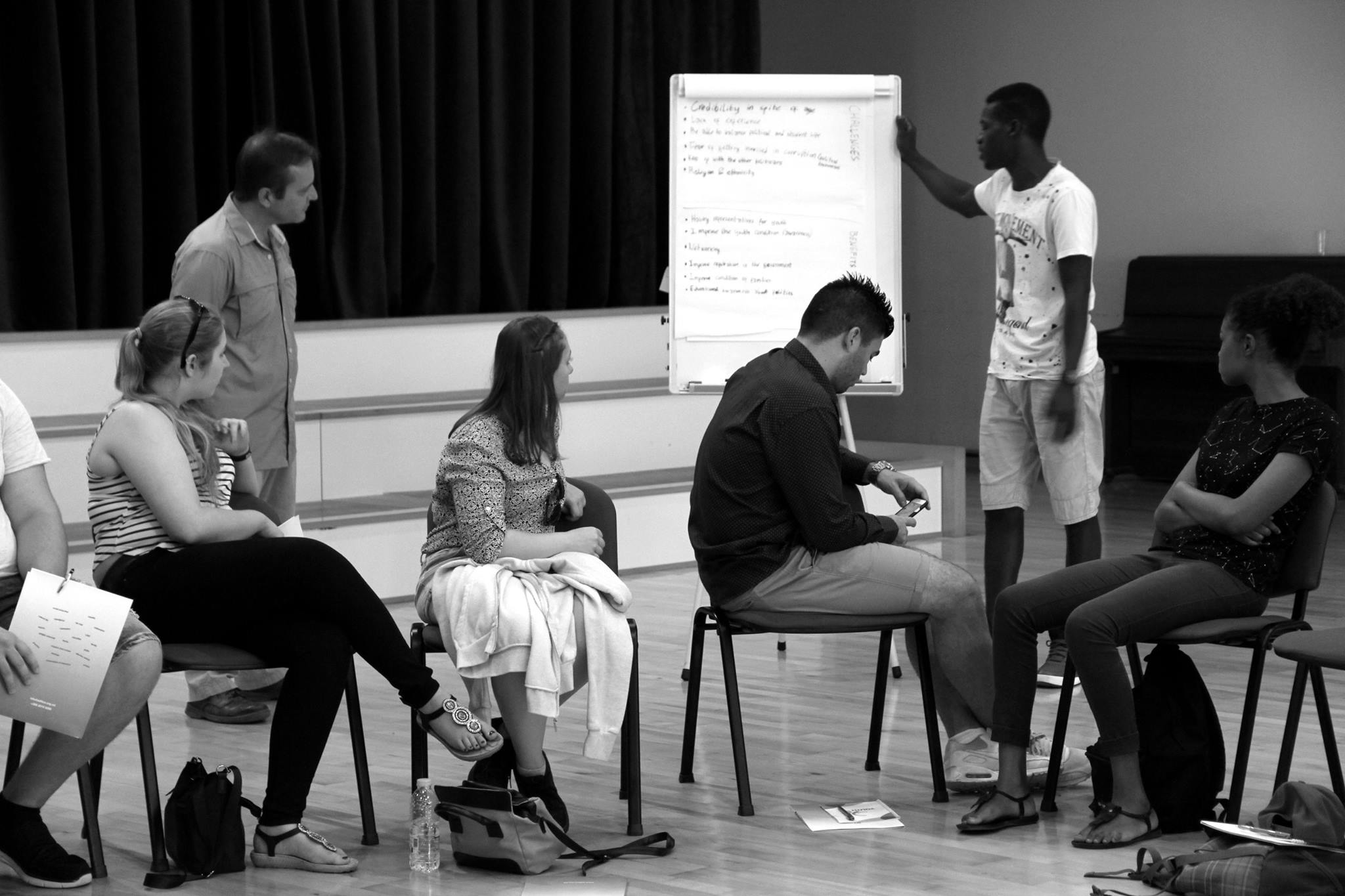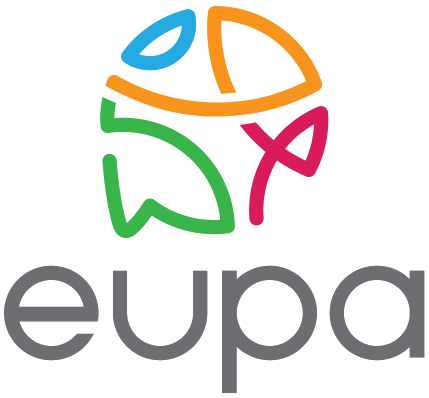Carla Camilleri, Assistant Director
Arrival in Malta
Malta starting receiving significant numbers of refugees in the mid-90’s. However, it was not until 2001 and 2002 that large numbers started arriving by boat from North Africa, Libya in particular. Most of those arriving in Malta through this route were from Sub-Saharan Africa, however in recent years Syrians and Libyans make up the largest groups in terms of arrivals.
Between 2002 and 2013 Malta received an average of 1700 boat arrivals per year. From 2014, there was a marked decrease in the number of boat arrivals through the central Mediterranean route, which was offset by an increase in the number of asylum seekers arriving by plane. From June 2018, arrivals of asylum-seekers rescued at sea resumed with 7132 persons rescued between 2018 and 2020.
Refugees and their organisations
The the exact number of refugee-led community organisations (RCOs) present in Malta is unknown. However, there exist a number of diaspora organisations reflecting the variety of nationalities residing in Malta that have formally registered as non-governmental organisations, whilst others have a looser organisational structure.
There are currently around 10 refugee-led or migrant-led organisations that focus on refugee issues. Some are diaspora organisations that are representatives of the peoples that come from countries from which refugees originate (e.g. Syrian Solidarity in Malta, Sudanese Community Malta, Eritrean Migrant Community Association and others), whilst others have a more sectoral approach (e.g. Migrant Women Association Malta, Spark15). Furthermore, there are diaspora organisations, such as the African RCOs, that have created platforms that consist of members from different groups.
NGOs working with refugees recently established the Malta Refugee Council, as an informal network to coordinate our advocacy work for the betterment of refugees’ lives in Malta.

Their voice
It is interesting to note that the emergence of RCOs is a relatively new phenomenon in Malta, and we could say that we are seeing ‘first generation’ type RCOs with varying levels of expertise and organisation.
There have been a variety of triggers for the formation of RCOs. The triggers depended on the different situation of the members of those communities. The Eritrean community was set-up once resettlement from Malta was completed and in order to focus on integration, whilst the Ivorian community was set up to address the issues of detention that they faced in the early 2000s.
The main aim is to gather … in one place, have fun, activities, campaigns learn from each other, support each other, and share our struggles
Representative of Syrian Solidarity in Malta.
The struggles that they speak of include legal, structural and policy issues that exist in Malta and that have been largely created without the participation of the individuals that are directly effected by them:
- The reception and asylum systems which are under severe strain and which lead to delays in accessing the asylum procedure and a degeneration in reception conditions generally.
- The policy of mandatory detention which has been re-introduced, after its removal in 2015.
- Restrictive laws and the lack of a comprehensive policy framework that regulate permanent settlement, family reunification, citizenship, access to benefits and local integration.
- Accessing the labour market and/or securing stable employment, remains difficult and the social support provided extremely limited.
- The public discourse surrounding migration which is a negative one that dehumanises asylum-seekers and refugees and treats them as social burdens.
- The spreading of verbal violence and racial abuse by groups and individuals on social media, particularly on Facebook.
- An increasingly hostile environment which came to a head in 2019, when Lassana Cisse was shot dead and another two-men injured in a racially motivated attack by two off-duty army officers.

Engaging in a political environment
Although the presence of refugees in Malta spans almost three decades, the presence of RCOs and their active engagement in political discourse remains limited. Throughout the years there has been little contact with government stakeholders to discuss issues that are relevant to their communities which range from social welfare to health, from detention to access to justice, and from integration to citizenship. Although there has been some collaboration on the local level, engagement at policy and legislative level has been severely lacking and this is a missed opportunity as RCOs are key in…
…advocating about issues that are directly impacting refugees. In a way that really reflect refugees.
Representative of the Eritrean Migrant Community Association.
Non-refugee-led organisations have been on the forefront of advocating for refugee rights in the past years, however there is a need to break the dichotomy that they are consulted as the “experts” and RCOs are sought out solely for their “experience”. This is not always easy to achieve as RCOs face a number of challenges which non-refugee-led organisation do not and this in turn effects the efficiency and effectiveness of their organisations.
Primarily, most of the people working with RCOs do so on a voluntary basis, whilst juggling full-time employment or education and family life. This was found to affect many aspects of keeping an NGO running: registering, reporting, funding and working on projects. Consequently, the majority of RCOs in Malta were unable to apply for public or project finding due to a lack of capacity to fulfil the obligations required by funding programmes.
Furthermore, the lack of office space or the funding to rent office space is a major challenge. The lack of space from which to operate effects the efficiency of the organisation but also has an impact on the lack of privacy and confidentiality that is needed at times.
Importantly, many refugees see Malta as a ‘stop’ before moving to mainland Europe and therefore there is a high turnover of volunteers and a lack of commitment to long-term visions and projects. It was also difficult to find skilled persons to volunteer. Many also did not have hope and motivation that the work done by RCOs would lead to a change in integration strategies, policies and legislation.
However, in spite of the lack of time and money, many RCOs have had a tangible impact on the lives of their members, if not so much on policy and legislation. This was through financial assistance to the members of the community, assistance to homeless refugees, counselling sessions, training of members and language lessons.
Untapped resource
We have spoken a long time ago with the Home Affairs and Security. We exchanged letters regarding our situation… 2 years after we were able to meet them.
Representative of the Sudanese Community Malta.
As mentioned above, there has been limited engagement by the major players within Government with RCOs. Many RCOs feel that although as they try to engage with Government their response was limited.
RCOs present an untapped resource that can not only offer services to members of the community but can offer valid contributions to legislative consultations and can raise protection concerns and gaps that their communities are facing.
Government should be more open to having discussions with RCOs on issues of concern, policies and legislative changes. This would need to be done by having an open and transparent process when legislative or policy changes are being discussed. Furthermore, there needs to be an open dialogue between Government and RCOs on key issues such as detention, rescue at sea and the asylum process.
In conjunction with improved collaboration, there needs to be an equitable method of supporting RCOs through financial assistance, the provision of office space and support in setting up and administering a voluntary organisation.

This article was written on the basis of the findings and interviews carried out within the framework of the project Training Kit for Empowering Refugee-Led Community Organisations supported by Erasmus+ Programme of the European Union.
This project is being implemented by the following organisations: aditus foundation, Cyprus Refugee Council, Dutch Refugee Council, European Council on Refugees and Exiles, Greek Forum of Refugees, Jesuit Refugee Service (Malta), Mosaico – Azioni per i rifugiati. With Syrian Volunteers Netherlands as Associated Partners.
For further information visit the project webpage, where you will find the national reports on refugee-led organisations in all the participating countries (including the EU-level aspect) as well as other project publications.


